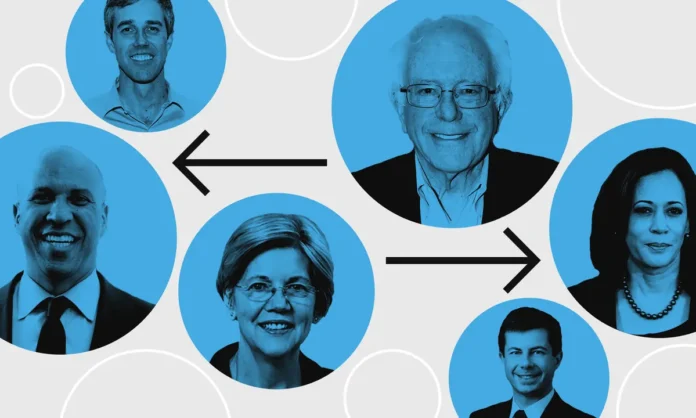Author: Ronald Brownstein
Affiliation: The Atlantic
Organization /Publisher: The Atlantic
Date/Place:February10, 2020
Type of Literature: Article
Word Count: 2110
Keywords: Democratic Party, Iowa Caucuses, New Hampshire Primary, fractionation
Brief:
The Democratic Party is facing a crisis in forming a coalition for the upcoming elections, as so far none of the candidates has built a coalition that reaches broadly across the party. Instead, each is confined to a distinct niche of support that is too narrow to establish a commanding advantage in the race. The author believes that this situation will lead to a long war of attrition to run for office inside the Democratic Party. Such fractionation marks a departure from the sharp winnowing that’s occurred after the first two states in recent decades. Since 2000, candidates who did not first win Iowa or New Hampshire have captured only five states; and not since 1992 have Democrats seen a race with more than two candidates winning states well into the process. The author raises an important question: whether any of the candidates can reach beyond the constituencies they are now attracting and pull away from the other candidates in the race.
By: Taqwa Abu Kmeil, CIGA Research Assistant




